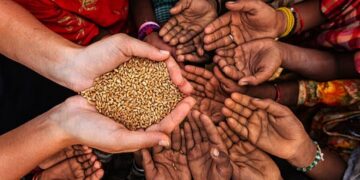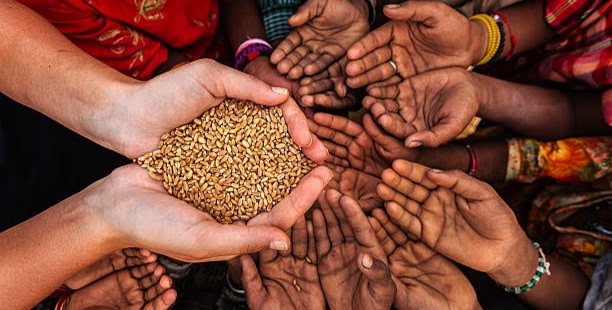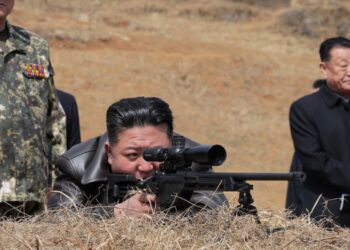By John Ikani
The National Bureau of Statistics (NBS) has revealed that 133 million Nigerians are living in poverty on multiple fronts.
This is according to a press statement issued by the government agency on Thursday to highlight the result of the 2022 Multidimensional Poverty Index (MPI) Survey.
The survey was conducted by the NBS, the National Social Safety-Nets Coordinating Office (NASSCO), the United Nations Development Programme (UNDP), the United Nations Children’s Fund (UNICEF), and the Oxford Poverty and Human Development Initiative (OPHI).
Noting that the figure represents 63% of the nation’s population, the Bureau said the poverty index is mostly experienced in rural areas, especially in the north, with women and children being the most affected.
Using data, based on MPI with five components of health, living standard, education, security, and unemployment, the report said: “Over half of the population of Nigeria are multidimensionally poor and cook with dung, wood or charcoal, rather than cleaner energy. High deprivations are also apparent nationally in sanitation, time to healthcare, food insecurity, and housing.”
“In general, the incidence of monetary poverty is lower than the incidence of multidimensional poverty across most states. In Nigeria, 40.1% of people are poor according to the 2018/19 national monetary poverty line, and 63% are multidimensionally poor according to the National MPI 2022.”
It went on to note that 65% of the poor (86 million people) live in the North, while 35% (nearly 47 million) live in the South.
The national MPI which is reported with a linked Child MPI, that provides additional information on multidimensional child poverty in Nigeria said over 50 percent of children across the country are affected by poverty.
In his remarks at the launch of the MPI Survey in Abuja on Thursday, the Statistician-General of the Federation, Adeyemi Adeniran, noted that 56,610 households were surveyed, and areas such as health, education, living standards, food security, water reliability, underemployment, security shocks, and school attendance were considered.
While the multidimensional poverty index stood at 27 percent in Ondo State, the figure is estimated at 90 percent in Sokoto state, making it the worst hit by the socio-economic issue.




































